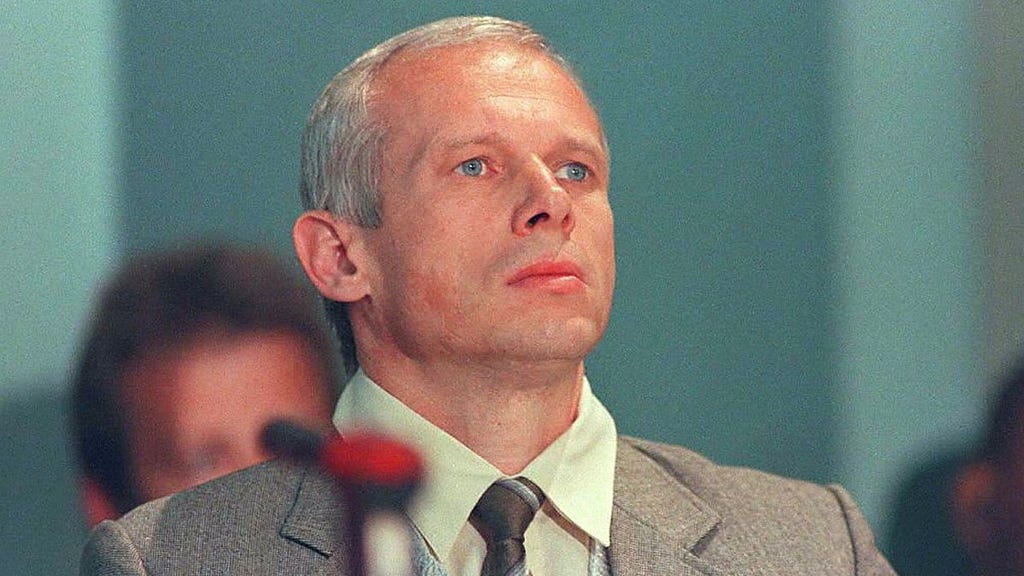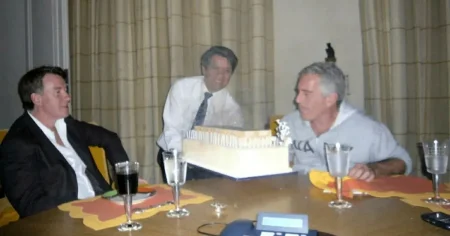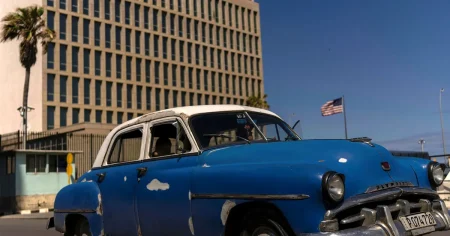The year 1993 marked a crucial juncture in South Africa’s transition to democracy. Negotiations between the apartheid regime and the African National Congress (ANC) were underway, aiming to pave the way for the nation’s first democratic elections the following year. However, this delicate process was threatened by extremist elements within the former establishment, intent on sabotaging the transition at any cost. This volatile atmosphere reached a boiling point on April 10th, 1993, with the assassination of Chris Hani, a prominent anti-apartheid activist, leader of the Communist Party, and chief of staff of the ANC’s armed wing, Umkhonto we Sizwe.
Hani’s assassination sent shockwaves through the already fractured nation. The incident occurred outside his home in Boksburg, a suburb of Johannesburg, when Janusz Waluś, a Polish far-right extremist who had emigrated to South Africa in the 1980s, shot Hani multiple times. His 15-year-old daughter witnessed the brutal act. Hani, immensely popular, particularly among the youth, was considered a strong contender to succeed Nelson Mandela. The assassination ignited widespread outrage and unrest, with riots erupting in major cities. A week later, six million South Africans participated in a national strike, protesting the killing and demanding justice.
The assassination threatened to derail the nascent peace process and plunge the country into chaos. Mandela, displaying remarkable leadership, addressed the nation, appealing for calm and unity. He highlighted the irony of a white man, driven by prejudice and hatred, perpetrating such a heinous act in a country striving for freedom. He emphasized the need for all South Africans to unite against those seeking to destroy the very freedom Hani had dedicated his life to achieving. Mandela’s call for unity resonated, preventing the situation from escalating into widespread violence.
The investigation into Hani’s murder swiftly led to the arrest of Waluś, aided by a tip from a white housewife who witnessed the crime. Waluś and Clive Derby-Lewis, a conservative member of parliament who had conspired in the assassination, were sentenced to death. However, with the abolition of the death penalty during South Africa’s transition to democracy, their sentences were commuted to life imprisonment. Derby-Lewis was later granted parole on medical grounds in 2015 and died of lung cancer the following year.
The legacy of Hani’s assassination continued to haunt South Africa. Waluś’s eventual parole in 2022, after numerous appeals to the Constitutional Court, sparked renewed controversy and highlighted the enduring pain associated with the crime. Just days before his scheduled release, Waluś was stabbed in prison, a stark reminder of the raw emotions his act still evoked. The government’s decision to deport him to Poland after serving his full life sentence, in accordance with the constitution, was met with mixed reactions, underscoring the deep divisions that persisted.
The deportation of Waluś to Poland marked the final chapter in a long and painful saga. The event, carried out under heavy police security, brought to a close a period of intense legal and political wrangling. Prior to his departure, Hani’s family, who had vehemently opposed Waluś’s parole, requested a meeting with him. This request, granted by the authorities, allowed Hani’s daughter, who had witnessed her father’s murder, to confront his killer before he left the country, offering a semblance of closure to a tragedy that had deeply impacted the nation’s psyche.














